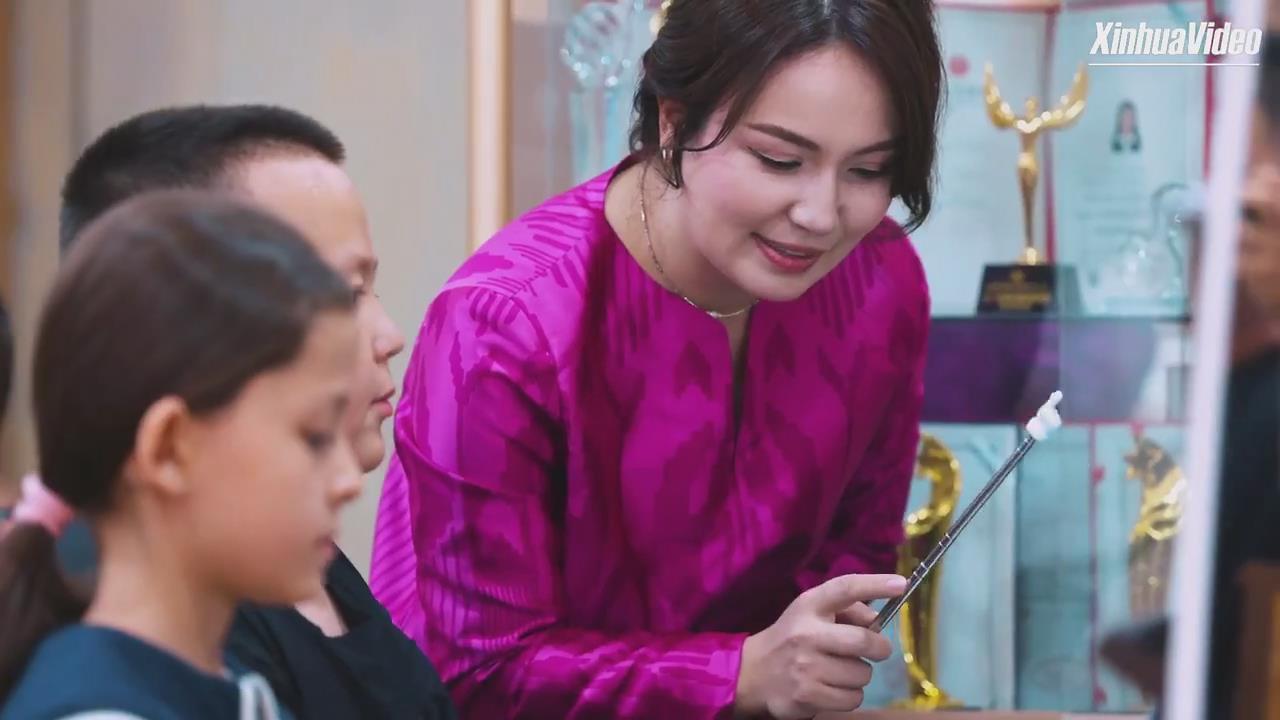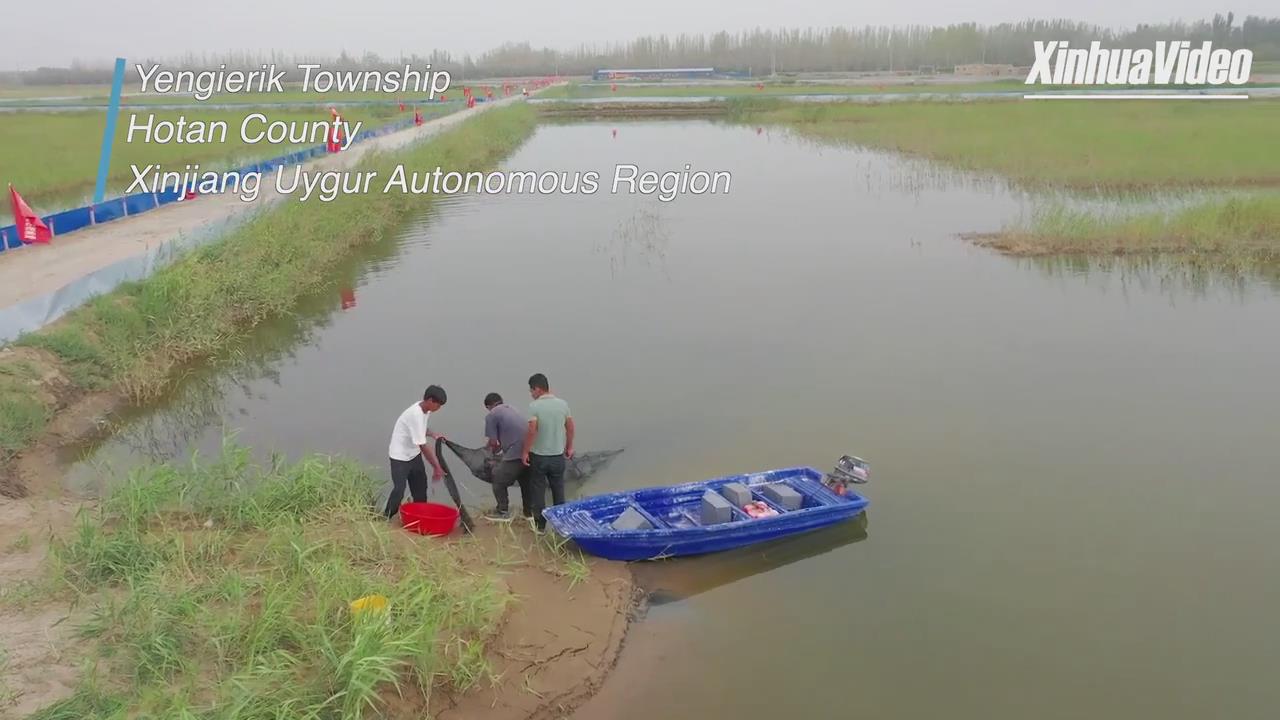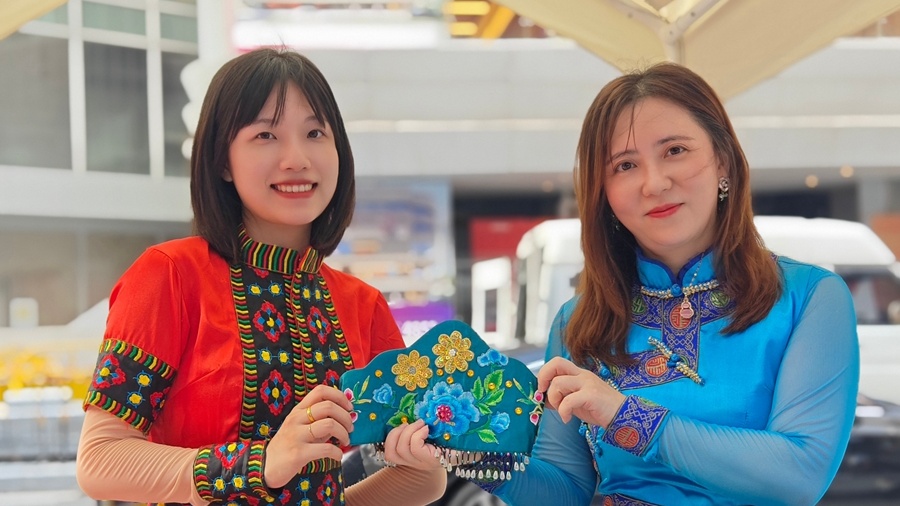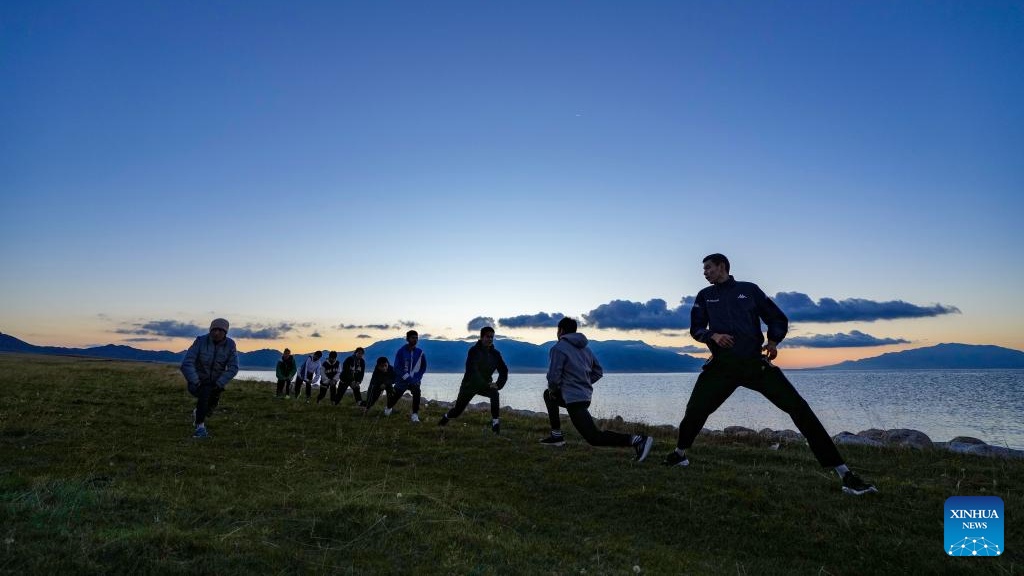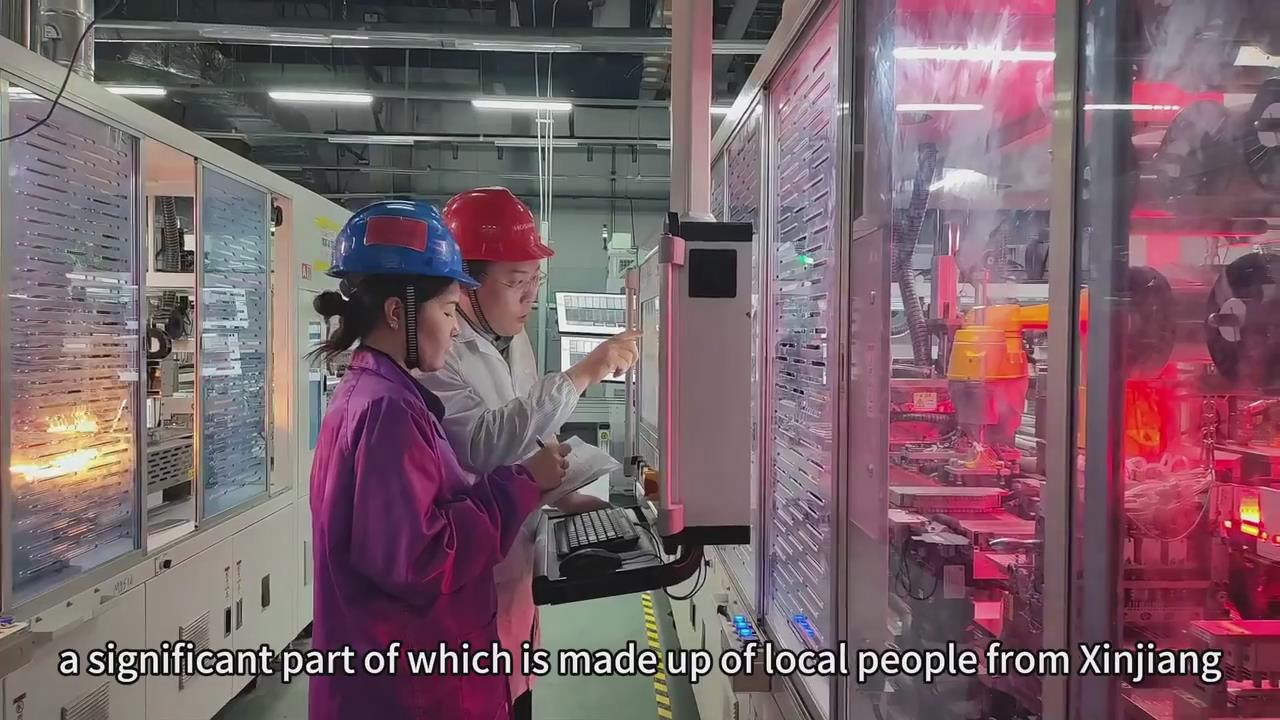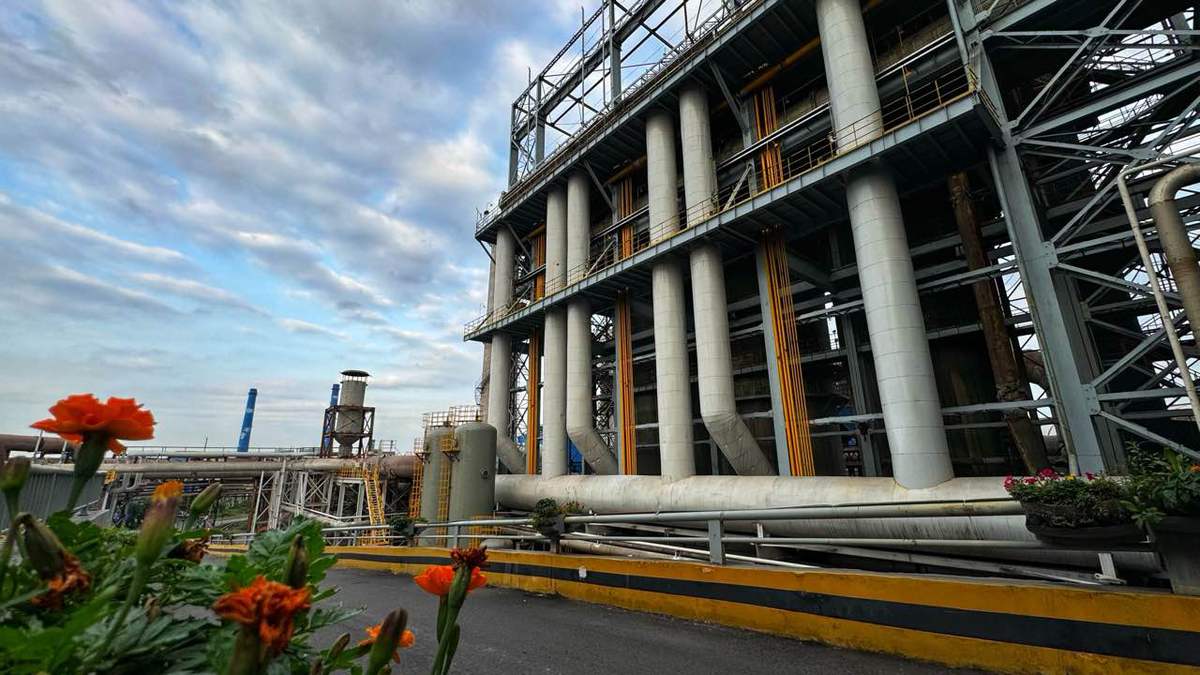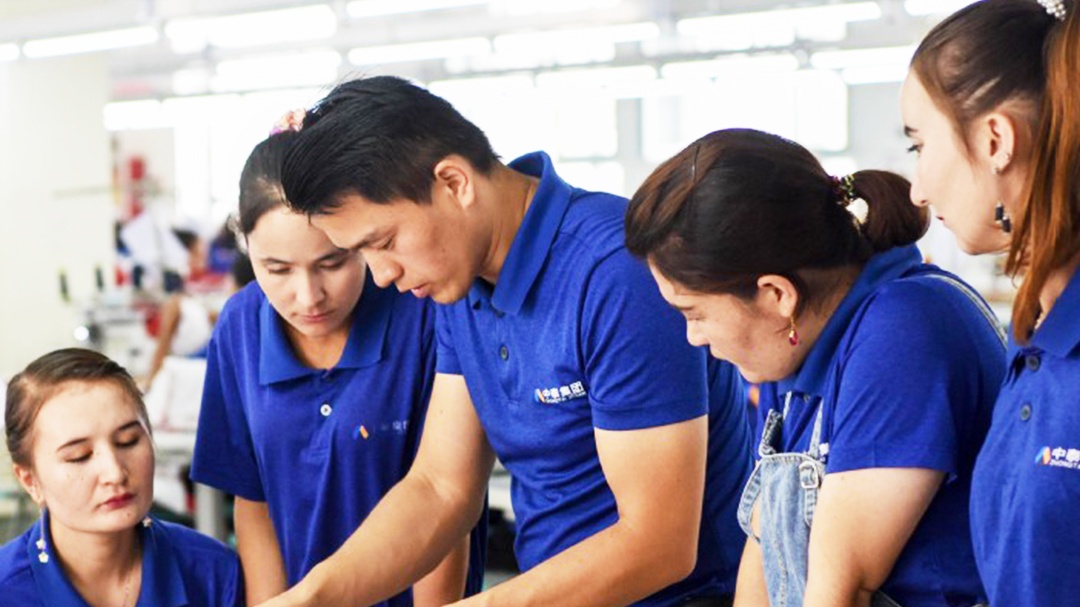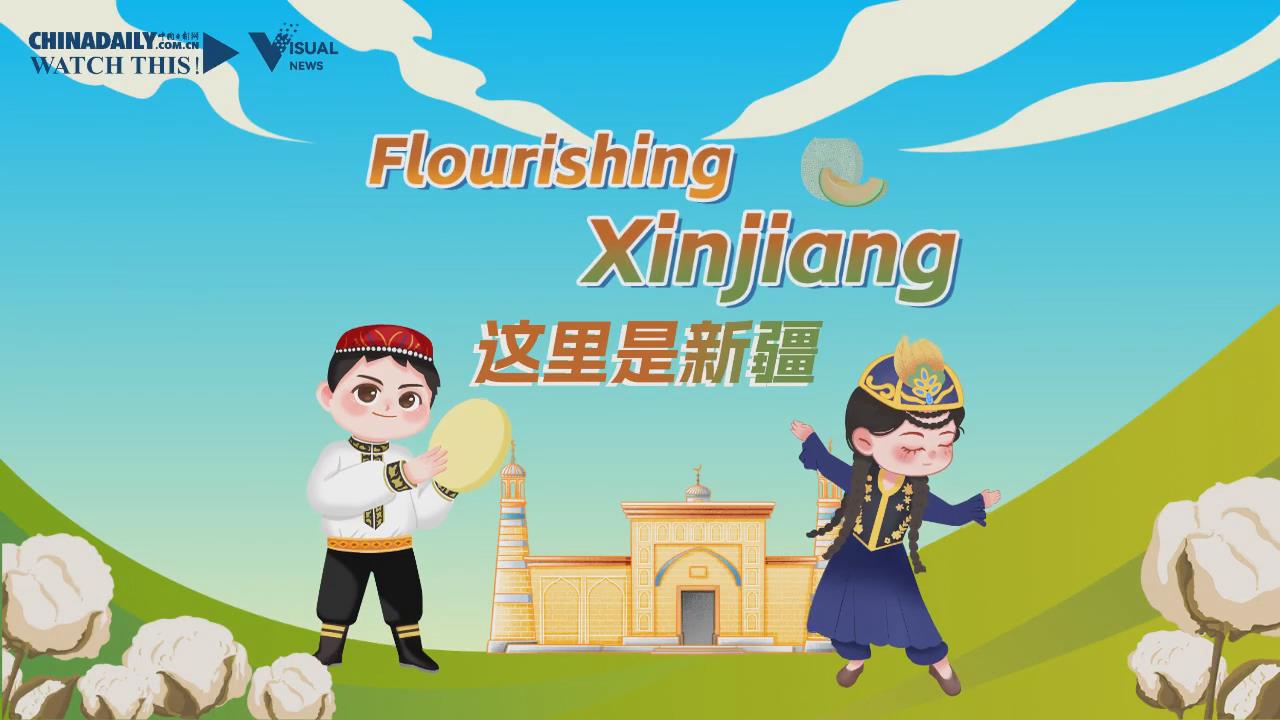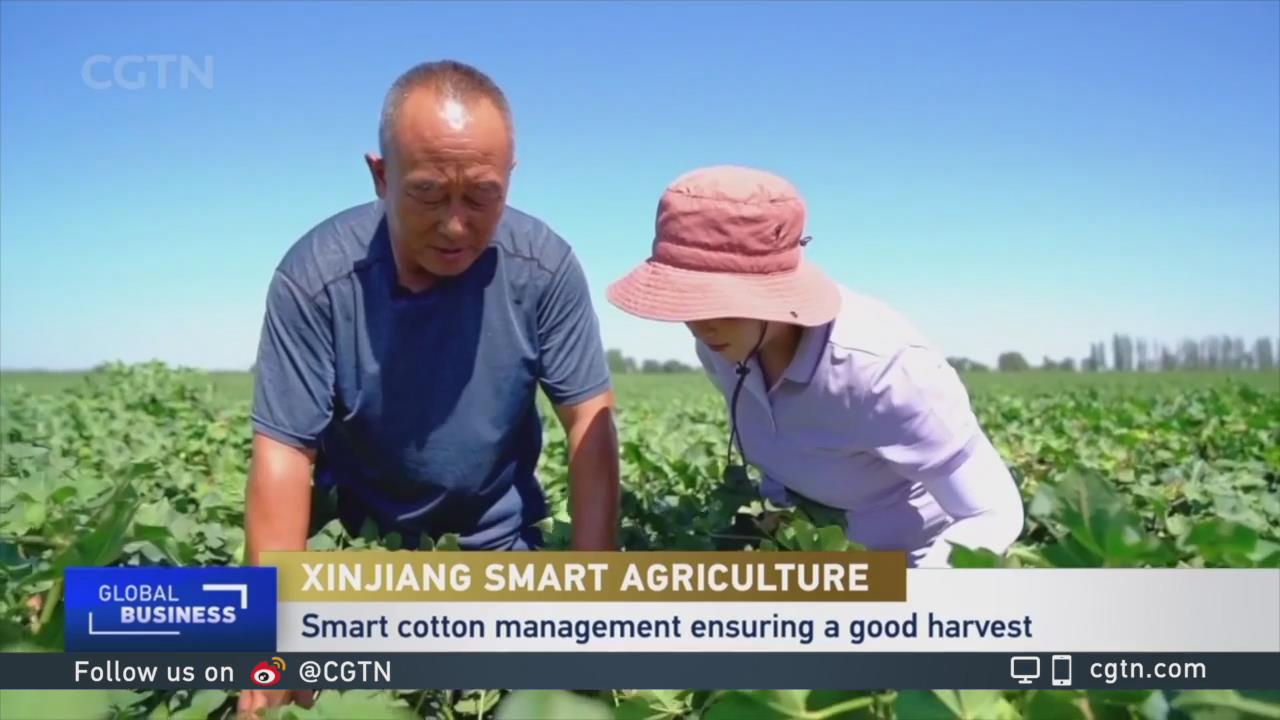
China-Europe freight trains carrying goods line up at the border port of Horgos. [Photo/Xinhua]
During this year's eight-day Spring Festival holiday, Bauerjan Serek, a trader from the Kazak ethnic group who for more than 10 years has been doing business in the port city of Horgos, Northwest China's Xinjiang Uygur autonomous region, enjoyed bumper profits.
He had no time to rest after the holiday, devoting himself instead to the restructuring of his business, with his company aiming to sink more money and resources into a venture in Central Asian countries.
"Over the next 10 years, the Central Asian region is where we can 'dig gold,'" Bauerjan Serek said in an upbeat tone.
As one of China's closest ports to Central Asia and Europe in terms of land transport, Horgos was once a busy passage used by traders traveling along the ancient Silk Road. Its role as a border passage dates back more than 140 years. Horgos lost much of its shine after caravans faded into history, but the Belt and Road Initiative (BRI), proposed by China in 2013, has revitalized this famous old port.
Horgos means "a place where wealth can be accumulated" in the Kazakh language. Many say this meaning resonates with what Horgos is becoming today -- a regional hub of trade and commerce and a true testament to the positive impact of the BRI.
Ten years ago, the then 31-year-old Bauerjan Serek quit his job and moved to Horgos, which at that time was like a construction site in his eyes, given that it was brimming with new high-rise developments and filled with opportunities. This man, who had no prior experience in foreign trade, started his business in a small shop of 30 square meters. He believed that an economic boom in Horgos, which boasts a suitable geographical location and good weather conditions, was inevitable -- especially after the BRI was proposed.
Over the past decade, Bauerjan Serek's shop has expanded to more than 100 square meters, and is now located in a prominent position on a Central Asian-style street in Horgos. The shop contains vast arrays of goods from countries along the Silk Road Economic Belt, such as red wine from Georgia, candy from Russia, honey from Kyrgyzstan, and flour and cooking oil from Kazakhstan.
Bauerjan Serek switched between Mandarin, Kazakh and Russian as he introduced products to customers in his shop. When receiving VIPs, he starts by treating them to mineral water sourced 7,000 meters underground in Georgia, a product he very recently introduced in China. "In order to survive here, our products must have their own unique characteristics. Why would tourists come to Horgos if there were no international goods?" he said.
One of Bauerjan Serek's proudest achievements over the past decade has been the sale of a particular product from Kazakhstan in Xinjiang. "The company producing this product is the largest producer of candy and chocolate in Kazakhstan. At first, this company turned its nose up at Horgos," Bauerjan Serek recalled. "With the rapid development of both the port city and the huge Chinese market in recent years, I finally became the agency representing this brand in Xinjiang."
Bauerjan Serek earned his "first bucket of gold" thanks to the economic boom in Horgos. After a mutual visa exemption agreement between China and Kazakhstan took effect, and in particular, following various preferential policies introduced in the Horgos section of the China (Xinjiang) Pilot Free Trade Zone, Bauerjan Serek is upbeat about the prospects of his company over the next 10 years.
According to Pi Lyuping, mayor of Horgos, the Horgos section of the China (Xinjiang) Pilot Free Trade Zone is making every effort to develop a new model of cross-border economic, trade and investment cooperation, relying on its advantages as a national logistics hub.
"Last year, I imported 36 truckloads of goods worth more than 10 million yuan ($1.41 million) through the land port, mainly from Central Asian countries," Bauerjan Serek said. "Now I have set up an international cargo transportation company in Almaty, Kazakhstan. It is mainly engaged in the automobile export business."
Bauerjan Serek added that his company in Kazakhstan had purchased 15 Chinese-made trucks, including 10 special equipment carriers and five car carriers, specifically to transport vehicles from Horgos to Central Asian countries and Europe.
In 2023, the commercial vehicle export volume via Horgos reached 304,000, an increase of 307.5 percent year-on-year, and accounting for more than half of the total of such exports through Xinjiang ports.
"Over the past decade, I mainly did import business. However, my focus will shift to the export trade during the next 10 years," Bauerjan Serek revealed.
Bauerjan Serek added that he values the greater business opportunities created by Chinese companies going global. "My company in Kazakhstan specializes in the export of Chinese products. So how can my business go bad?"



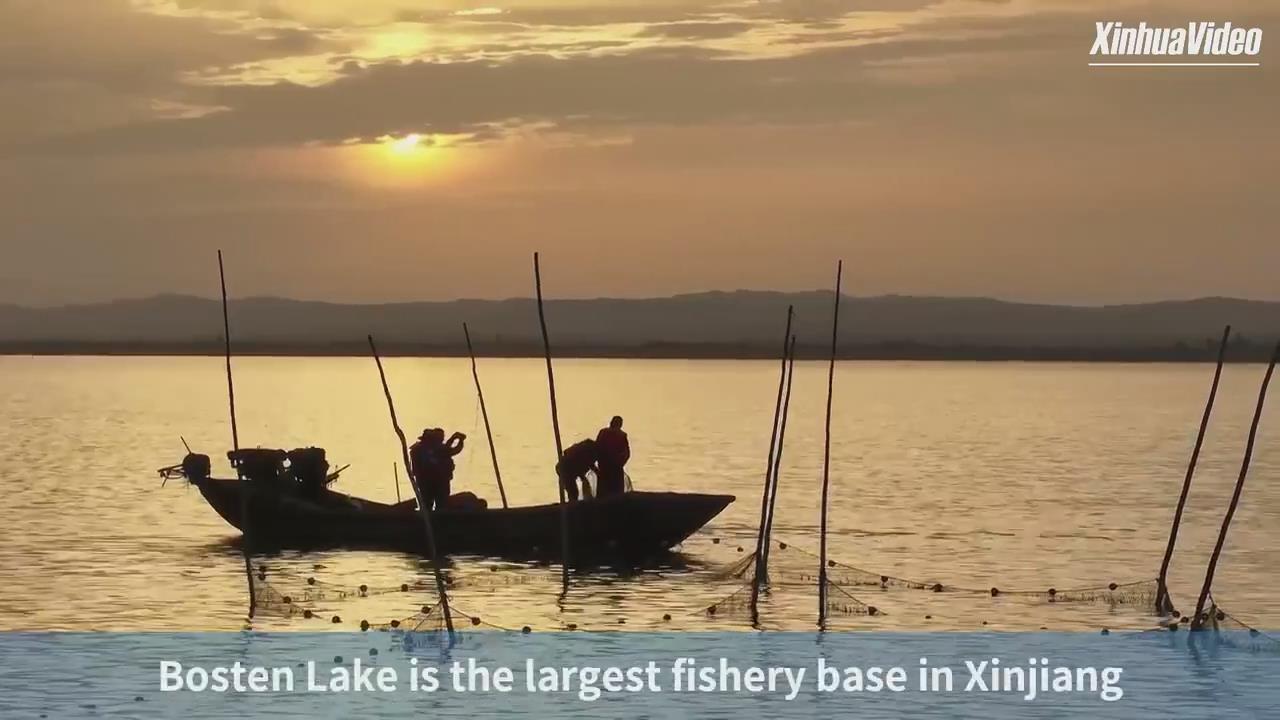
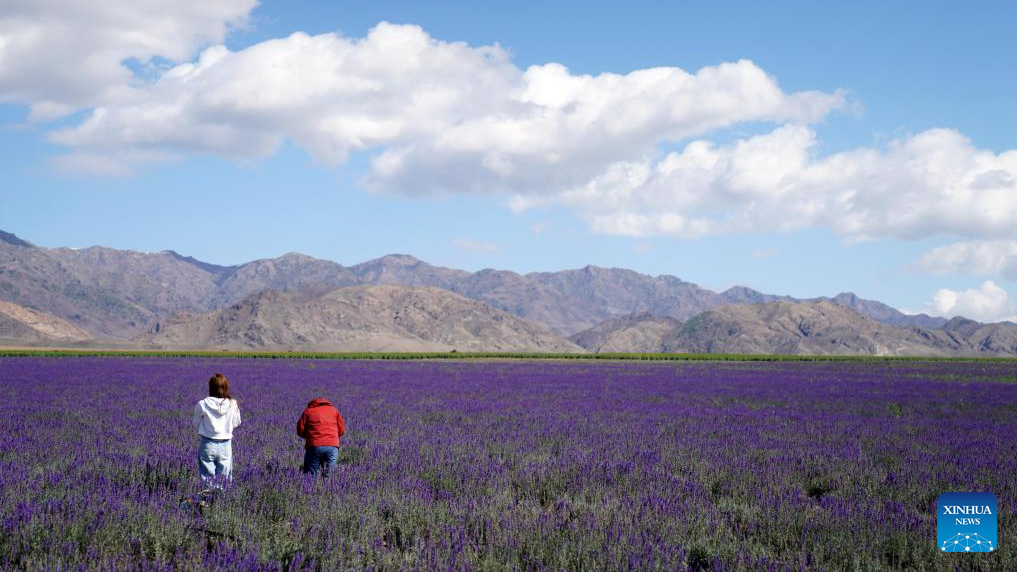
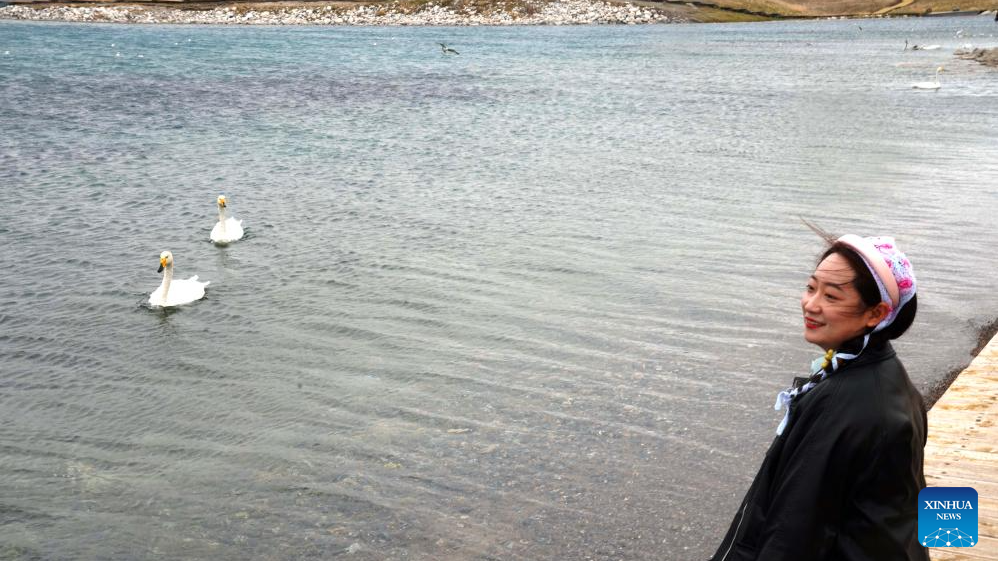
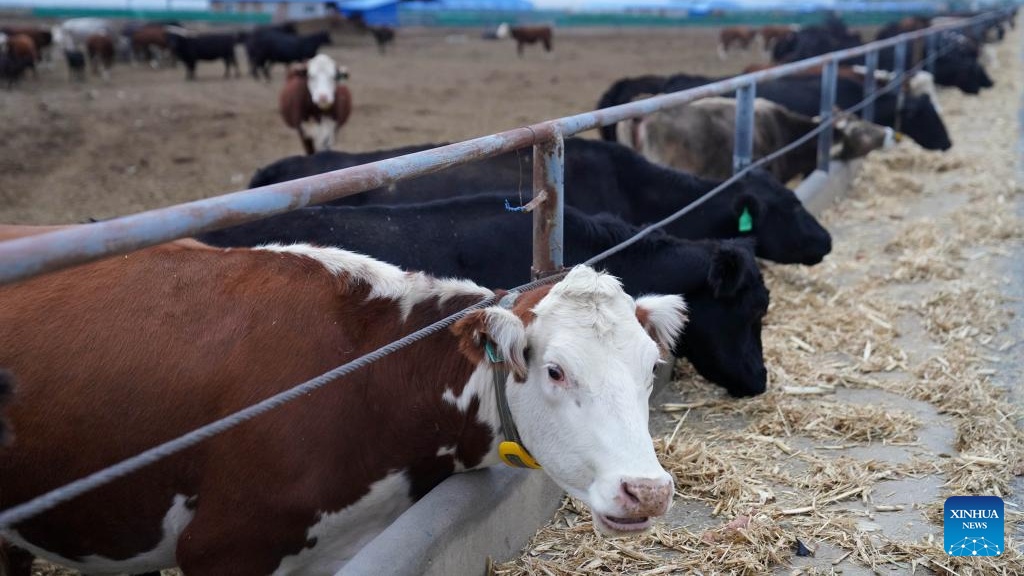
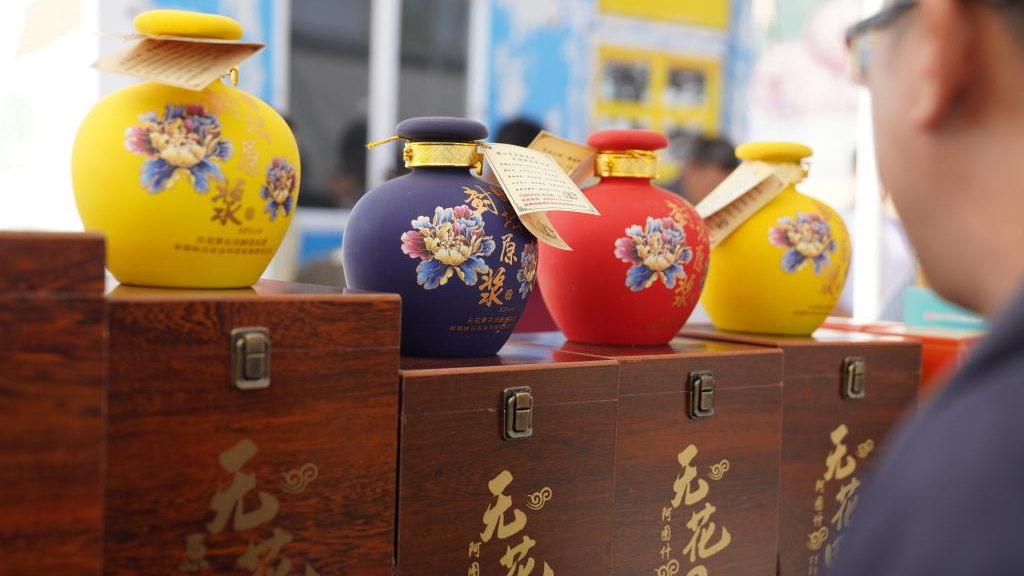
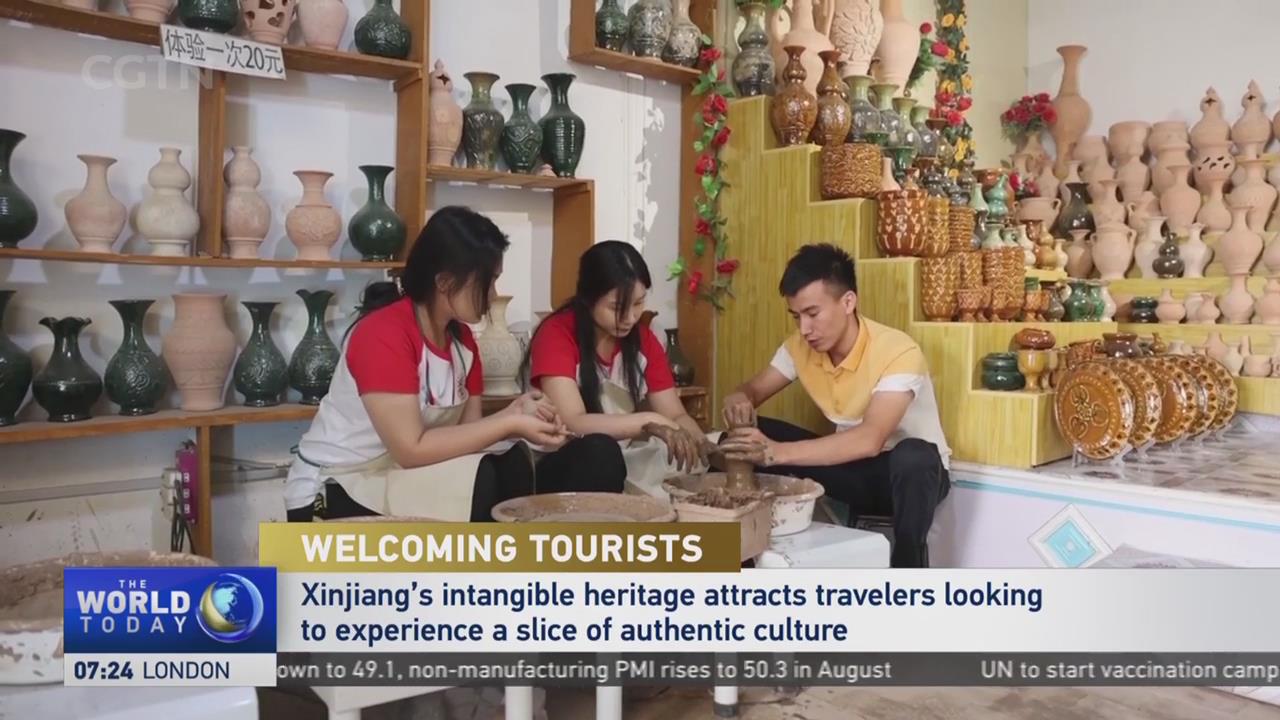
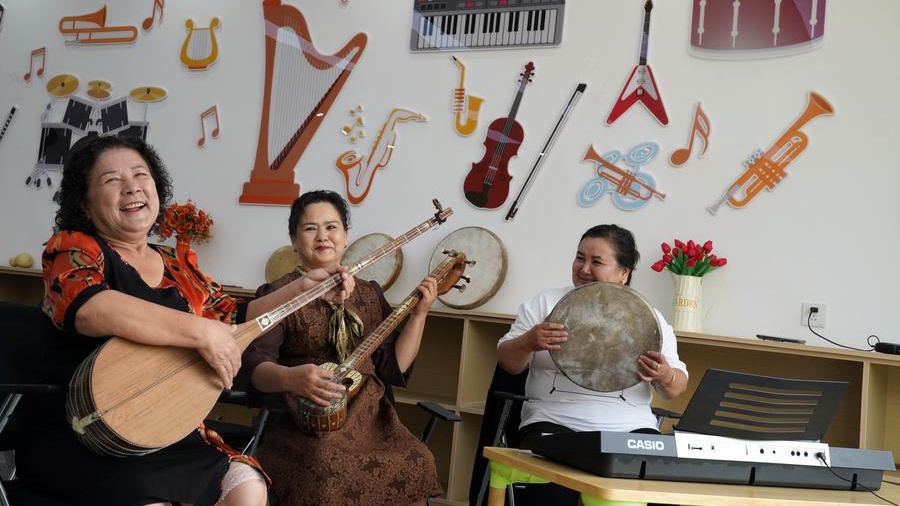
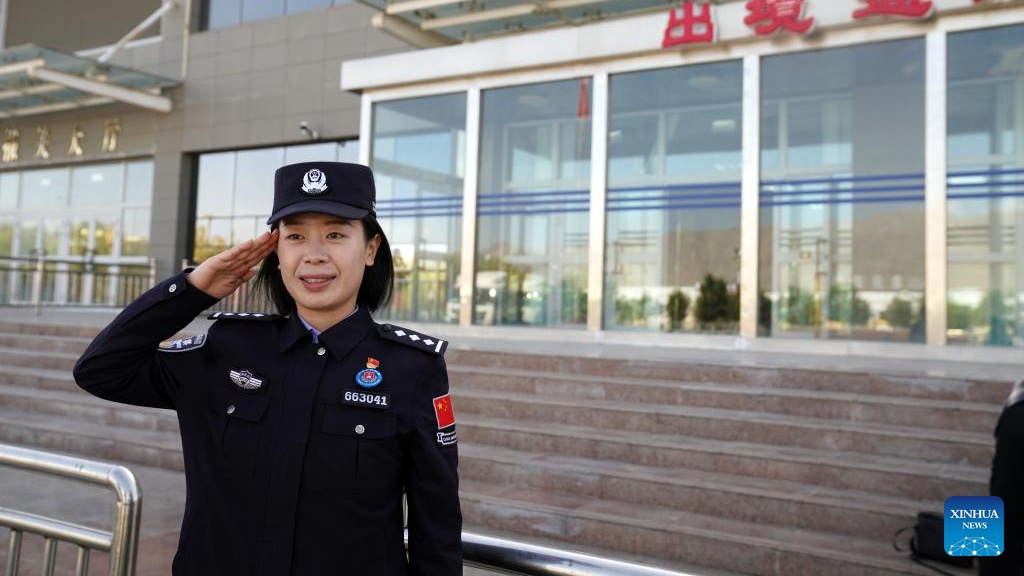
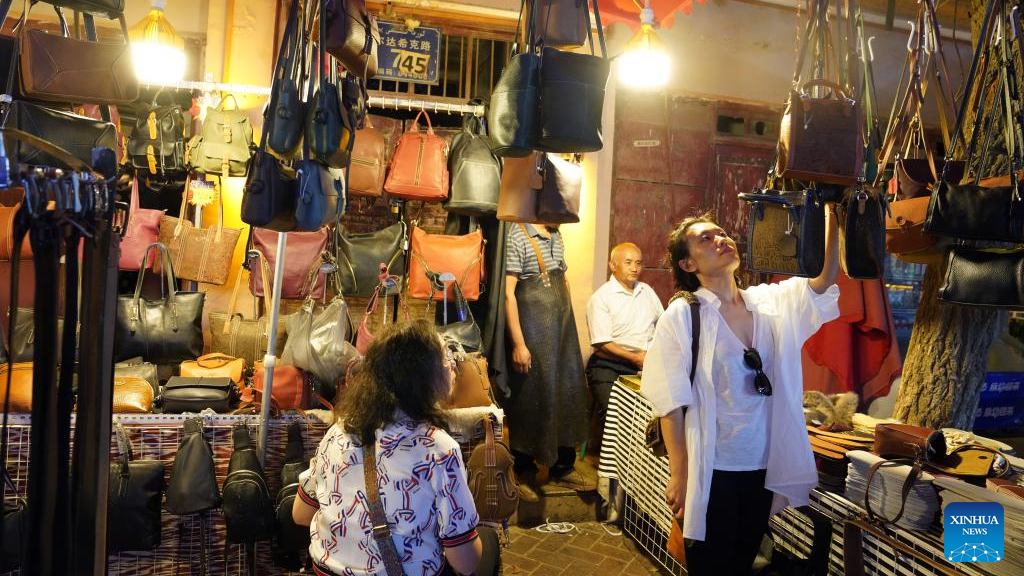
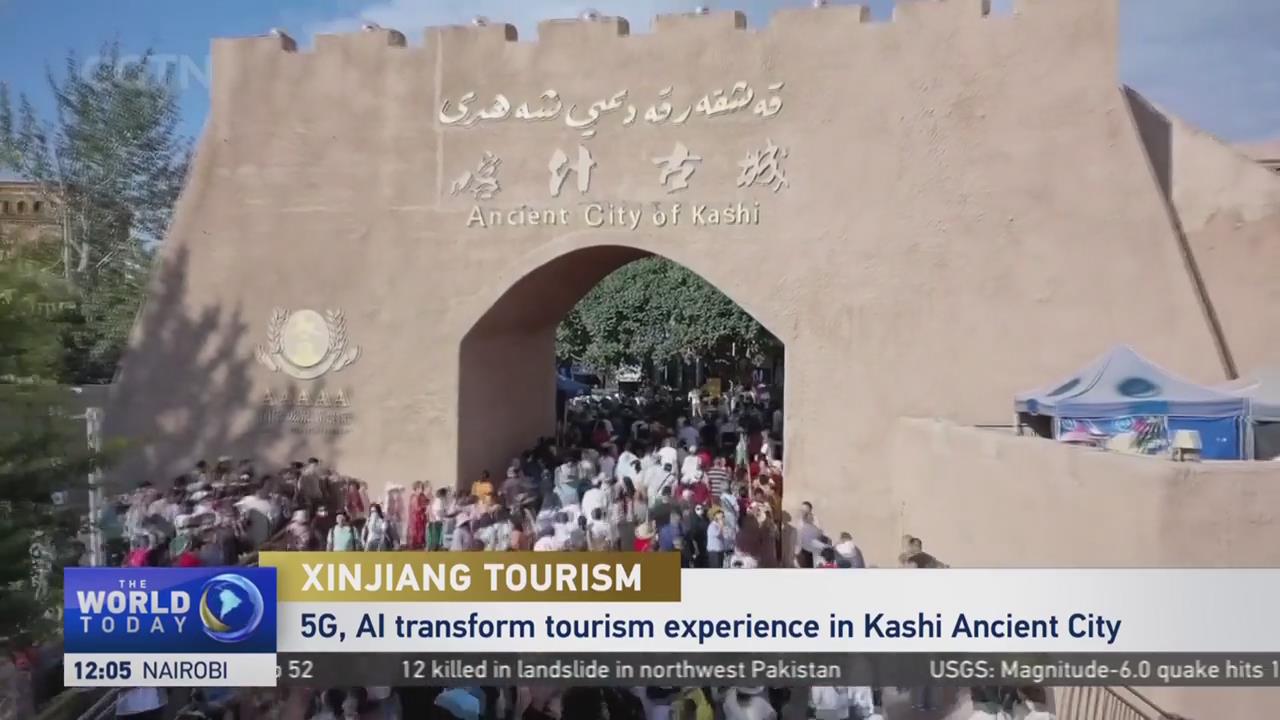
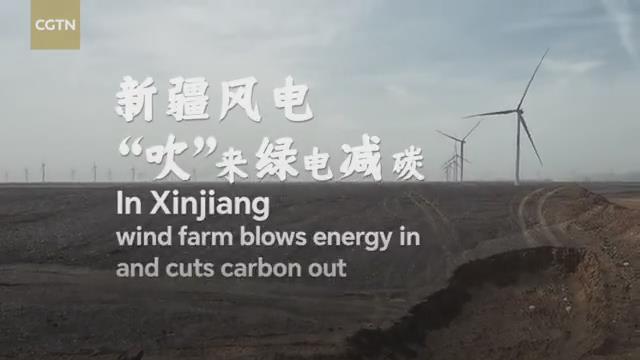

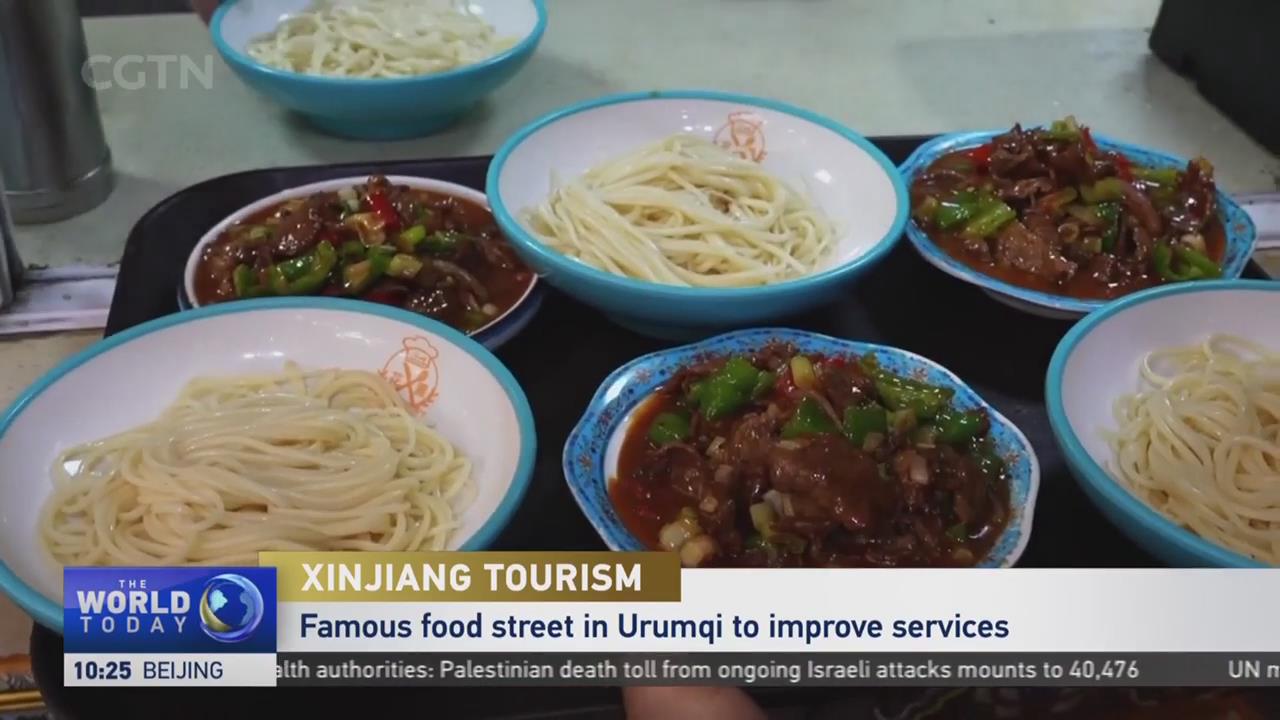


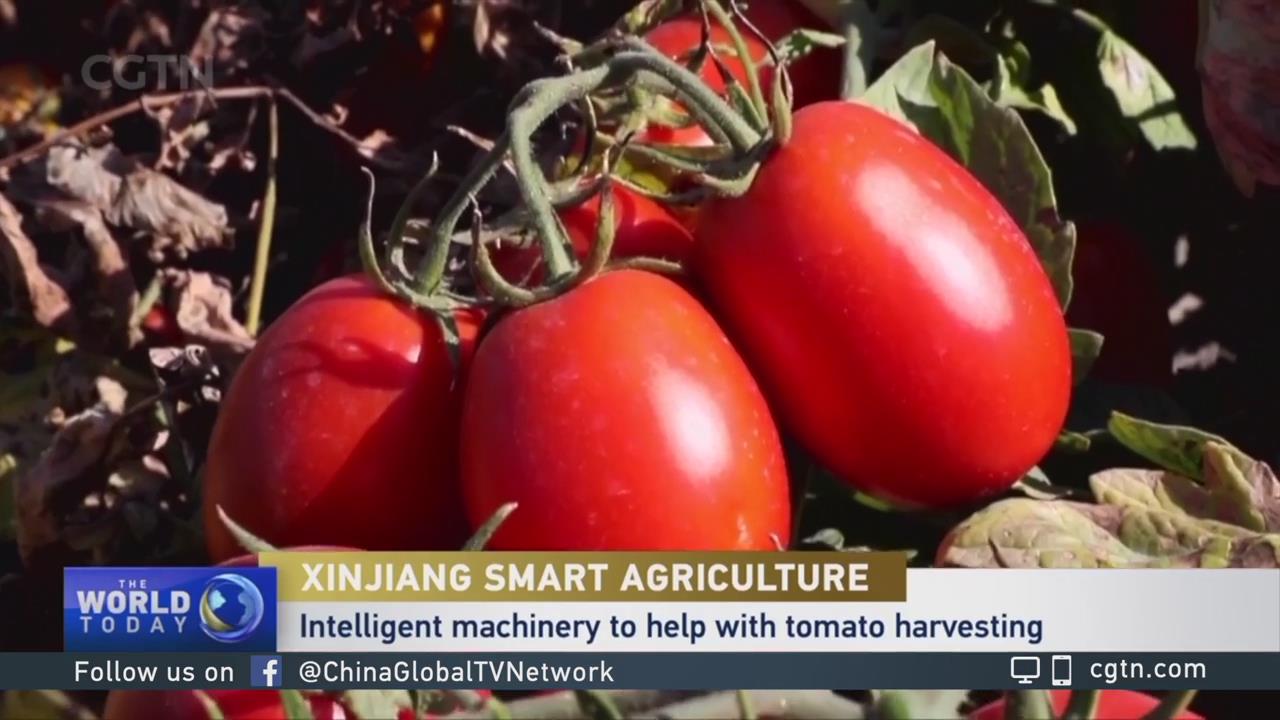
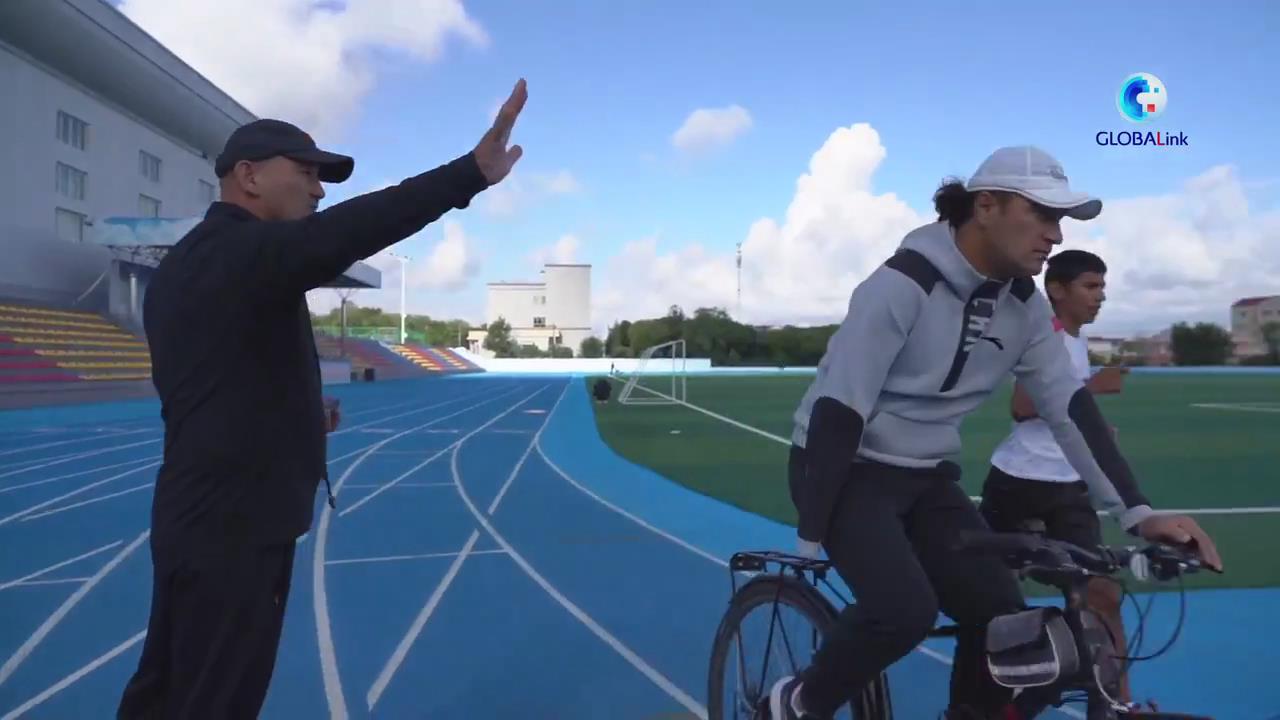
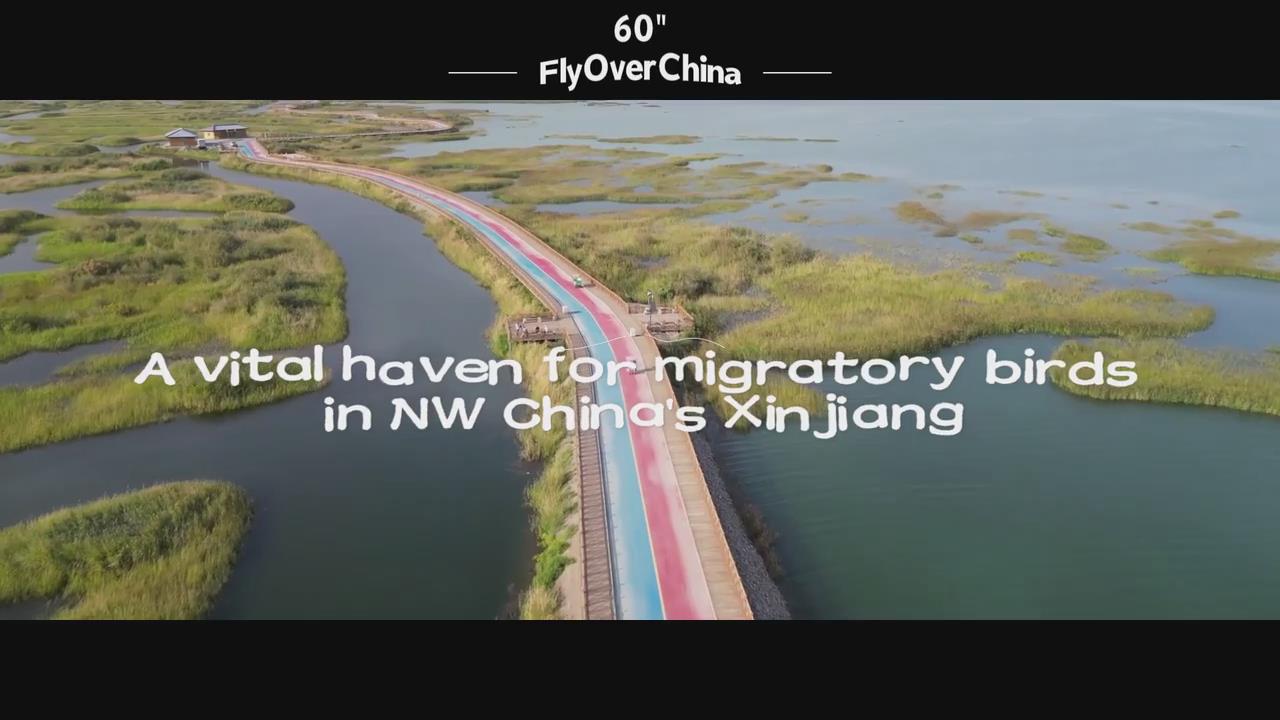

.jpg)


